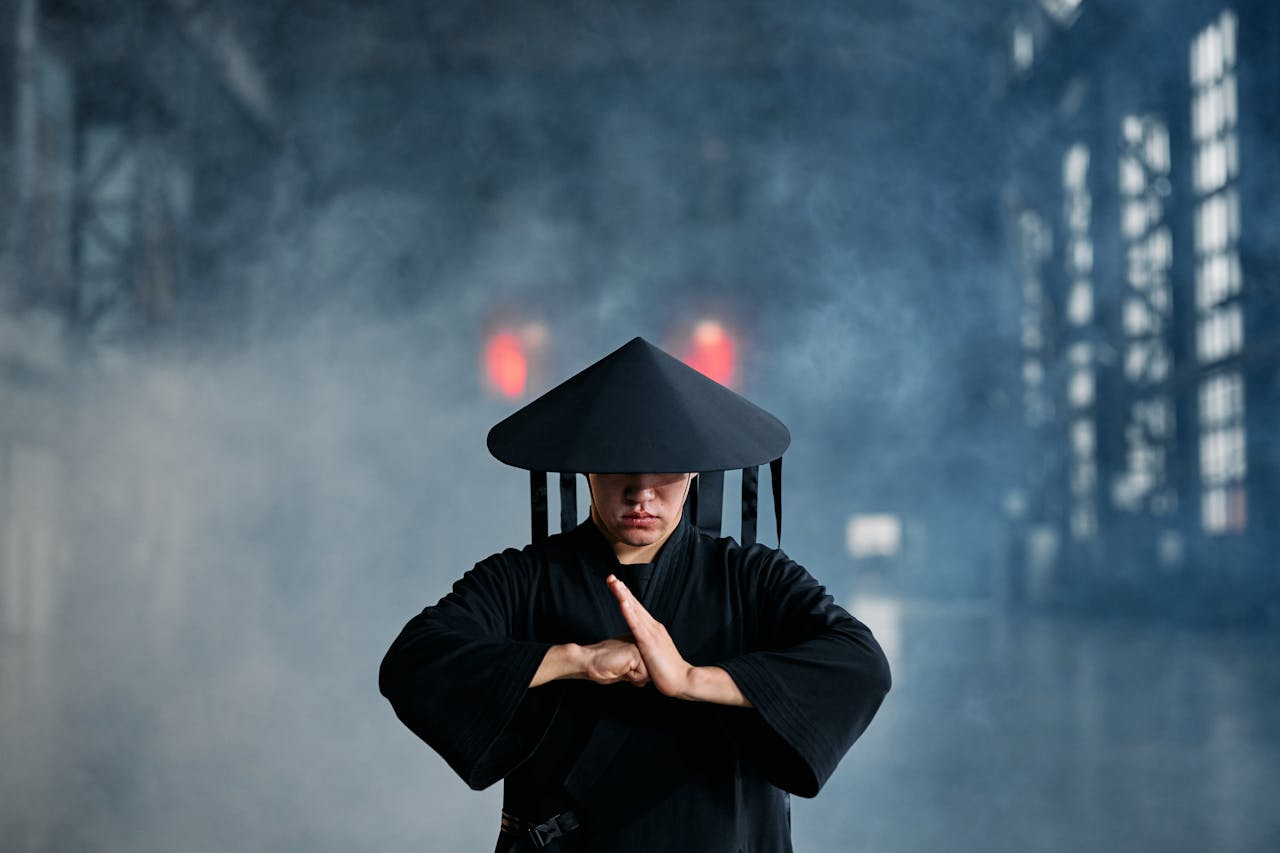By ETHAN ALEXANDER
I was never the popular kid in high school. In fact, I was mostly ignored. I had just transferred to a new school district and often found myself in classes where I was the only Black kid. The isolation I felt from this drastic change of environment pushed me to find friendship in the arts: music, drawing, and books.
Instead of going out to parties (which I was never invited to), I’d go home and play my guitar, sketch my favourite superheroes, or do some creative writing that would take me away from the issues of my daily life.
It wasn’t just my fellow peers who showed little interest in me; the teachers responded to me in much the same way. Having experienced the public education system in the United States, I was no stranger to historical erasure, misinformation, and microaggressions, such as the rationalization of slavery, the forgiveness of the slave owners for being victims of the time, and a watered-down version of Martin Luther King’s beliefs.
It wasn’t until later that I discovered the brilliant works of Ralph Ellison, Zora Neale Hurston, and James Baldwin. While I knew that I was being misled, the level of the deceit couldn’t be appropriately quantified until I came across a teacher who actually cared.
In my junior year of high school, I took a journalism class with Mr Gamble. He was new to the school that year, and he was the first Black teacher I had in high school. He was a tall man with a great presence and dreads. He was sophisticated in that street-smart kind of way. Every time he spoke, I hung onto his words like a lifeboat on choppy seas.
He was the only teacher to notice my talents for writing, and he made me the head writer for the school newspaper. Mr Gamble took time out of his schedule to tutor me—something that no other teacher had, and he gave me writing advice that I carry with me to this day:
“You can break the rules if you have a good reason for it.”
I could feel my mind expand when I heard these words. I had never considered this rule-breaking rule before. I had always been told to do as I was told, to follow structure and procedure.
Mr Gamble made it clear that “the right way” was driven by emotion and not solely by form. If I choose to go against writing rules, that’s acceptable as long as I have a good reason for it.
He reminded me that in the arts, nothing extraordinary comes from doing what’s been done before. There will be times where I need to stay within the borders (like for school assignments), but only I can tell my story, and that’s the story that the world needs to hear.
As a Black kid, I had never been given this permission by anyone. It was foreign at first, like being told you had wings and hadn’t ever checked.
In order to operate in this world, we’re expected to present ourselves in an “appropriate” manner, and I subconsciously applied that to everything that I did, including writing. I thought that I’d be judged harshly and that only traditional writing could be seen as legitimate.
Now, whenever I write something new, I remember Mr Gamble’s words and go for the riskier choice over the safe option. After all, that’s what art’s about.
About the Author
Ethan Alexander is a freelance writer for various news and pop culture websites, and he’s an agented author. His short story “Rogue” was featured in the sci-fi magazine Just Another Minor Malfunction, and his fantasy e-book Sentria: The Knight Prince won first place in the fantasy category for the Hip Generation Awards. Ethan is also in the process of getting his YA sci-fi novel The New Union published. Read more about Ethan’s writing here.












